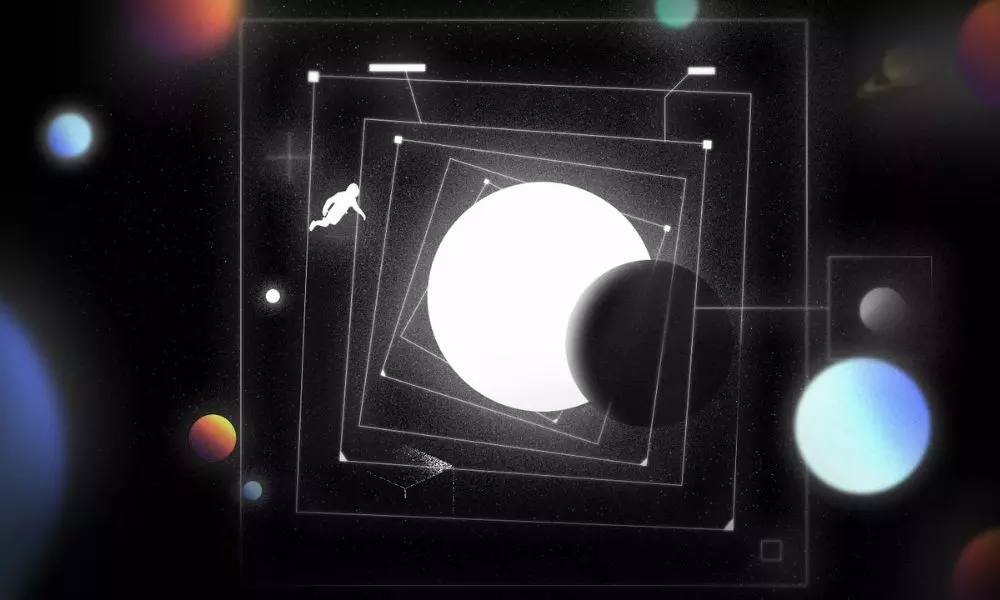Space Calendar November 2020: Know What's Happening in Space

Space Calendar November 2020: Know What's Happening in Space
Space Calendar November 2020: Find out what's up in the night sky this month, November 2020.
Space Calendar November 2020: These dates are subject to change. Launch dates are taken from Space.com.
November 3: A United Launch Alliance Atlas V rocket will launch a classified spacecraft payload for the U.S. National Reconnaissance Office. The mission, NROL-101, will lift off from Cape Canaveral Air Force Station in Florida, at 5:58 p.m. EST (2258 GMT). Watch it live
November 5: A SpaceX Falcon 9 rocket will launch the U.S. Air Force's fourth third-generation navigation satellite, designated GPS 3 SV04, for the Global Positioning System. It will lift off from Cape Canaveral Air Force Station in Florida, in a 15-minute launch window that opens at 6:24 p.m. EDT (2324 GMT). Watch it live
November 6: India's Polar Satellite Launch Vehicle (PSLV) will launch the RISAT 2BR2 radar Earth observation satellite for the Indian Space Research Organization. It will lift off from the Satish Dhawan Space Center in Sriharikota, India, at 4:45 a.m. EST (0945 GMT).
November 6: A Chinese Long March 6 rocket will launch 10 ÑuSat Earth-imaging satellites for Satellogic, an Argentine satellite manufacturer and remote sensing company. It will lift off from the Taiyuan Satellite Launch Center in China's Shanxi Province.
November 10: A SpaceX Falcon 9 rocket will launch the Sentinel 6A satellite (also known as Jason-CS A), a joint mission between the European Space Agency, NASA, NOAA, CNES and Eumetsat to continue recording sea level data that was previously collected by the Jason series of satellites. It will lift off from Vandenberg Air Force Base in California, at 2:45 p.m. EST (1945 GMT). Watch it live
November 11-12: The Northern Taurid meteor shower peaks.
November 12: The waning crescent moon will be in conjunction with Venus, the "morning star," at 4:30 p.m. EST (2130 GMT). Look for the pair above the eastern horizon before dawn.
November 13/14: An Arianespace Vega rocket will launch the SEOSat-Ingenio Earth observation satellite and the Taranis scientific research satellite from the Guiana Space Center in Kourou, French Guiana, at 8:52 p.m. EST (0152 GMT). Watch it live (Link it to https://youtu.be/21X5lGlDOfg)
November 14: SpaceX will launch its first operational Crew Dragon mission to the International Space Station, called Crew-1, with NASA astronauts Michael Hopkins, Victor Glover and Shannon Walker and Japan's Soichi Noguchi. The mission will launch from NASA's Kennedy Space Center on a SpaceX Falcon 9 rocket, at 7:49 p.m. EST (0049 GMT on November 15).
November 15: New moon
November 16-17: The Leonid meteor shower peaks.
November 19: The waxing crescent moon will be in conjunction with Jupiter at 3:57 a.m. EST (0857 GMT). Shortly afterwards, it will be in conjunction with Saturn at 9:51 a.m. EST (1451 GMT). Look for the trio in the evening sky.
November 24: A Russian Angara-A5 rocket will launch on its second orbital test flight from the Plesetsk Cosmodrome in Russia.
November 25: The waxing, gibbous moon will be in conjunction with Mars at 2:46 p.m. EST (1946 GMT). Look for the pair above the eastern horizon after sunset.
November 30: A penumbral lunar eclipse will be visible from the Americas, Australia and Asia. The moon will begin passing through Earth's shadow at 2:32 a.m. EST (0732 GMT), and the eclipse will last for 4 hours and 20 minutes.
November 30: The full moon of November, known as the "Beaver Moon," occurs at 4:30 a.m. EST (0930 GMT).
November 30: A SpaceX Falcon 9 rocket will launch the Turksat 5A communications satellite for the Turkish satellite operator Turksat. It will lift off from Cape Canaveral Air Force Station in Florida. Watch it live
Source: SPACE.com














